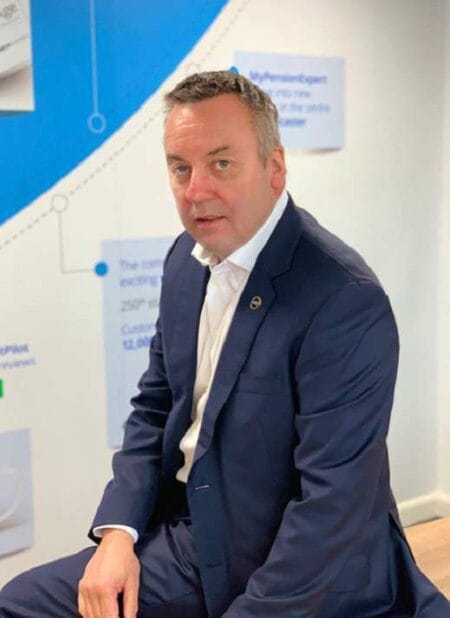

In theory, product-based solutions are supposedly designed to make personal financial planning more straightforward – particularly in retirement planning – which explains the recent suggestions of moving towards a combined product to replace financial advice. However, this is unlikely to be the case in reality.
Indeed, the director of policy and advocacy at the Pension and Lifetime Savings Association, recently told the Work and Pensions Committee (WPC) that a combined product for anyone reaching retirement age could replace needing to provide advice. The combined product would be a mixture of cash, investments, and guaranteed income capable of creating a retirement strategy, therefore foregoing the need to seek advice on how to approach one’s pension.
The financial services industry should always strive to make seeking financial advice easier and, therefore more accessible. Yet, combined products are full of flaws.
Firstly, a significant element of creating a solid long-term retirement strategy is factoring in a client’s individual circumstances. A combined product fails to do this as it uses robo-advice, which, using minimal human intervention, devises a plan usually based on short-term goals. This is worrying, as people need to be equipped with long-term, not short-term strategies.
Not to mention, combined products do not offer adequate transparency. This can lead to a lack of understanding amongst the public of what the product can achieve and the impacts of factors such as longevity being unknown to the majority of the population. Such confusion can cause the process to become more complicated than it already is.
While a combined product is not, and never will be, a replacement for independent financial advice, the industry mustn’t get complacent. The pandemic forced advisers to adapt to new methods of advice, which has propelled accessibility and showed that advisers are willing to adapt to further progress.
Virtual services boosting accessibility
A necessary switch to virtual services in the face of lockdowns and social distancing restrictions beginning in 2020 has remained commonplace for independent financial advisers. Advisers would, for example, conduct client consultations over the phone or via a virtual meeting instead of conducting them face-to-face.
And that switch to digital is almost certainly here to stay. Research from VitalityInvest suggests that the majority (74%) of advisers now expect virtual meetings to remain a part of their day-to-day operations.
Indeed, shifting towards virtual practices has been largely beneficial for both clients and advisers, with a modernised approach to advice allowing the whole process to become more streamlined. Clients are no longer required to consider the time and effort required to travel to in-person meetings. And with meetings now more accessible and, in many cases, less formal, those deterred by complicated and lengthy financial advisory procedures may be more inclined to seek advice.
Boosting engagement
As mentioned above, independent financial advice is better at equipping a person with a retirement strategy because it factors in their individual circumstances, however, to keep clients on track, they need to be engaged in their strategy.
In a study into the state of pensions, Capita found that 61% of the 2,017 employees who took part were confused by pensions, and 72% weren’t engaged with their company pension. Such figures highlight the problem advisers face when getting people to attend regular reviews to discuss retirement plans. Certainly, for savers that are years away from retirement and feel advisory meetings are unnecessary, a simpler tech-based approach through online apps, booking systems, and instant chat services could be the answer.
Indeed, advancements in tech and the development of such platforms will be important in boosting engagement. Their ease of accessibility is a huge advantage and allows advisers to communicate with clients through simplified means such as over email. Here they can update clients on if they are on track to meet their retirement goals or share relevant information, including potential investment opportunities.
Meanwhile, as this hybrid of tech-based solutions and independent financial advice progresses and becomes more commonplace in the industry, it will lower the cost of advice, making it more accessible to the masses.
Combined products are not a substitute for independent financial advice due to their impersonal and short-term outcomes. That said, the industry must stay on track with its development of tech-based solutions to further facilitate accessibility of advice and engagement in retirement strategies. Strengthening this model will make sure the financial services industry is one that fosters accessibility and affordability while helping people achieve the retirement outcomes they deserve.
About Author:
Andrew Megson is the Executive Chairman of My Pension Expert, the UK’s number one Advised Retirement Income Specialist. Founded in 2010, My Pension Expert specialises in providing independent advice to UK consumers about their pension plans – it arranges millions of pounds worth of retirement income options each week.


